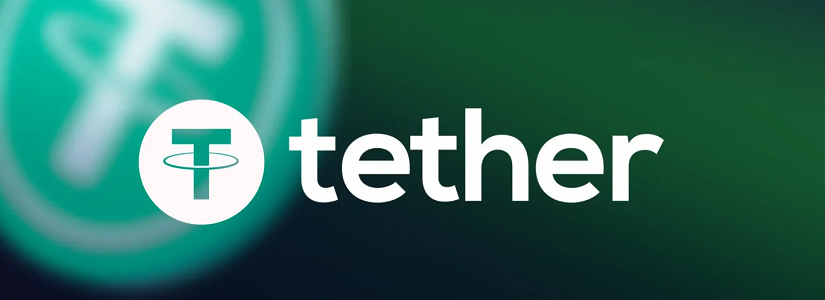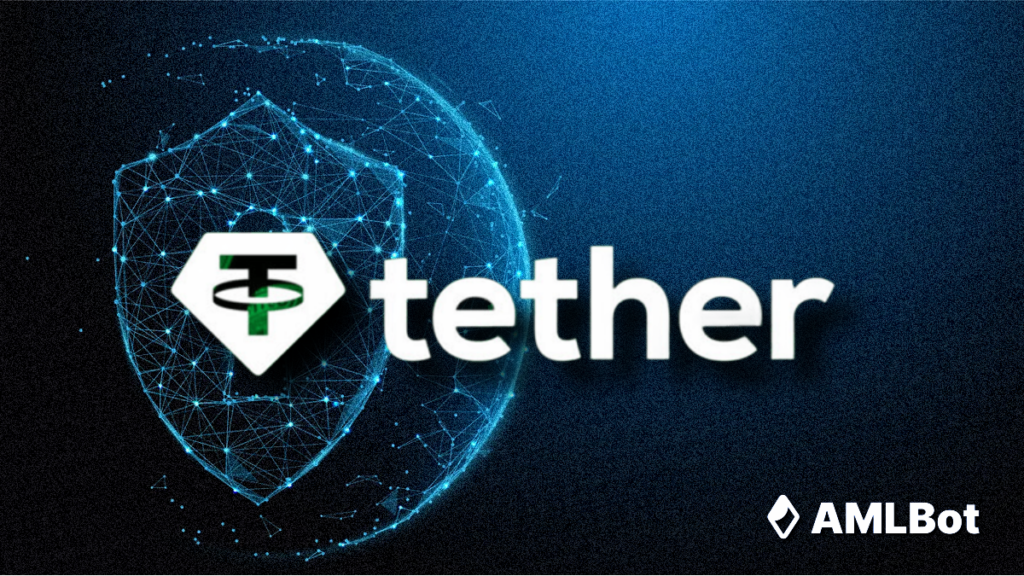TL;DR
- A report from AMLBot reveals that Tether delays enforcing blacklists, allowing $78 million in USDT to be moved before the funds were frozen.
- The delay stems from Tether’s multi-signature approval process, giving malicious actors a time window to evade the freeze.
- Tether states it collaborates with over 255 agencies across 55 countries and has blocked over $2.7 billion in illicit funds, reaffirming its commitment to transparency.
According to a report published by AMLBot on May 15, Tether’s multi-signature governance structure creates a time gap between detecting illicit activity and actually freezing funds on networks like Ethereum and Tron. In one documented case, there was a 44-minute delay between the notification of a suspicious address and the effective freeze on the Tron blockchain. During that period, operators of those addresses managed to move thousands or even millions of dollars in USDT, temporarily evading controls and exploiting that critical window.
This two-step process, an initial transaction that “warns” of the upcoming freeze, followed by the actual execution, is publicly visible on the blockchain. As a result, savvy users can quickly react and transfer their funds to other wallets, complicating the authorities’ efforts.
The Debate Between Security and Efficiency
Tether responded to the report by defending its system, claiming these delays are not flaws but rather part of a governance strategy designed to prevent arbitrary decisions. From their perspective, the multi-signature structure ensures that freezes are carried out responsibly and in collaboration with official agencies. They highlight that in recent years, they have successfully frozen over $2.7 billion in USDT linked to illicit activities, including another $126 million blocked in 2024 in cooperation with TRM Labs and Tron.
The company also stated that it is working to optimize its system to reduce any advantage criminals might gain from detecting early freeze warnings. While AMLBot’s report notes a total of $78.1 million moved during these delays, Tether downplays the figure, arguing that it represents a tiny fraction compared to the funds successfully frozen and recovered through coordinated actions.

An Evolving Technology and an Ecosystem on the Defensive
For cryptocurrency advocates, this situation is not a failure of the system but rather an opportunity to enhance efficiency without sacrificing decentralization or due process. In a transparency-based ecosystem like blockchain, any enforcement action can be publicly audited, something impossible in traditional financial systems.
Moreover, the fact that Tether collaborates with hundreds of government agencies and maintains operations on public blockchains reinforces its role in the crypto ecosystem as an actor that merges innovation with accountability.










